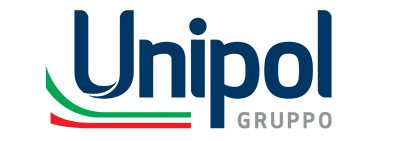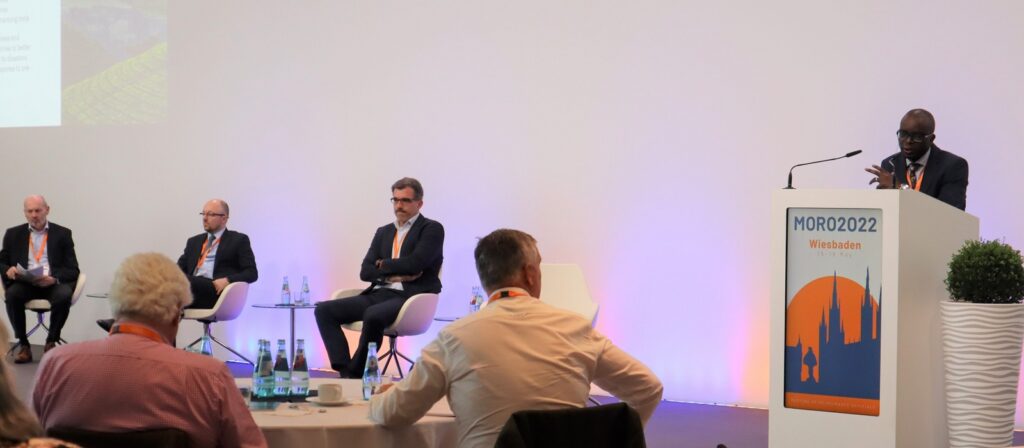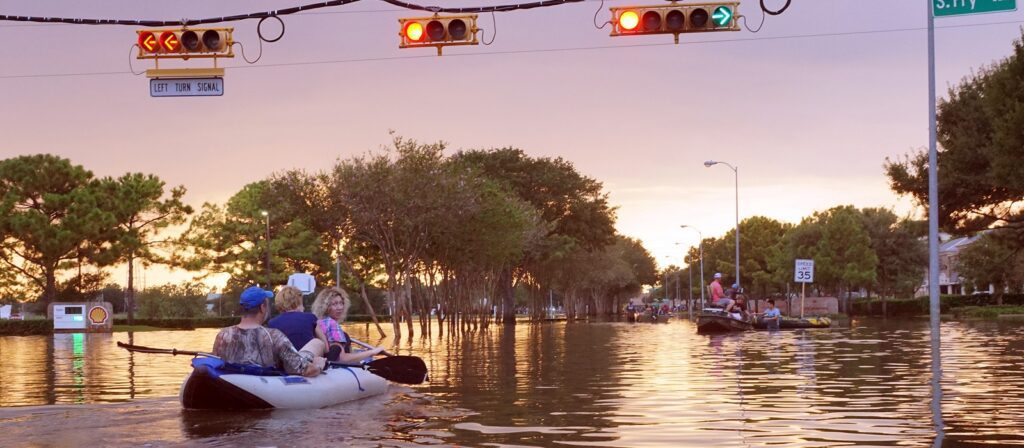In January 2021, Leithà – the Unipol Group’s big data analysis company- presented the European Extreme Events Climate Index (E3CI), a new data tool which uses AI to more accurately measure climate-related weather risks. By monitoring climate trends and extreme events, it has the potential to change the way financial and insurance markets operate. The E3CI shows how public-private cooperation can advance innovative technologies to mitigate climate change risks.
Global economic losses from natural disasters were estimated at USD 268 billion in 2020, while the global protection gap (difference between global economic losses and coverage provided by insurers) still amounts to USD 171 billion (64%).
Climate change exacerbates the effect of weather-related events, which are becoming more frequent and intense. The social and financial impacts of these events are amplified by the concentration of people in more densely populated areas. Facing all this will require new resilience and risk mitigation strategies, as well as rethinking access to capital, and narrowing the protection gap.
Natural disasters have huge economic consequences that are difficult to quantify. For example, Italy has become more exposed to natural events due to climate change, "Italy is ranking at the top among the member states for economic damage caused by natural disasters" reports CNR, the Italian National Institute for Research.
Italy still lacks an investment strategy for the prevention of long-term catastrophes, despite its strong exposure to natural hazards. This absence of prevention and mitigation of risk has repercussions at an insurance level, as well.
To safeguard livelihoods and provide support for businesses, both insurers and insured parties require access to reliable data and information on the changing climate.
For this reason, the International Foundation Big Data and Artificial Intelligence for Human Development (iFAB) has joined forces with the Euro-Mediterranean Center on Climate Change (CMCC), and Leithà - the Unipol Group’s competence centre for Big Data and Artificial Intelligence - to create the European Extreme Events Climate Index (E3CI), an extreme weather index promoting a fundamental change to the way insurers can do business and calculate weather-related risks.
What is the E3CI?
The E3CI aims to define a synthetic index providing information about the areas affected by different types of weather-induced hazards and the severity of such events.
E3CI has been developed along the lines of the corresponding North American index (i.e. Actuaries Climate Index - ACI), but has a broader scope, since it is possible to value liabilities anywhere in the world. The index includes five components: cold and heat stress, droughts, extreme precipitation and winds.
E3CI provides an objective indicator of the frequency of extreme weather, which can prove instrumental in the assessment and mitigation of financial consequences of risks and in presenting complex data in a synthetic and meaningful way.
In fact, data will be made available free of charge in two different formats: firstly, in a visual format that contains maps and synthetic graphs in an online dashboard hosted by iFAB; secondly, it is possible to download raw data related to specific time periods.
Potential game-changer?
The publication of a certified database mapping past extreme weather events can provide objective criteria to analyze the exposure of assets at risk and more effective insurance coverage, with tangible benefits for consumers and insurance companies. When insurance companies issue a policy they take on a risk which they also need to manage or cover.
Traditionally, insurance companies cover their risk by using reinsurance services from third parties to limit their own total exposure. However, the reinsurance market is neither liquid nor transparent. Indeed, this market is based on over-the-counter transactions. The E3CI can help change this paradigm, developing indices that could be traded on more liquid financial markets.
The publication of the E3CI is a first small step towards making weather-related liabilities tradeable on financial markets. It lays one of the building blocks for developing a market that has not existed up to now and that was managed through bilateral transactions.

This article was written by Renzo Avesani, Chief Innovation Officer, Unipol Group, and Antonio Tirri, Service Innovation Engineer, Leithà. It was originally published on the World Economic Forum.
Published March 2022
Innovative, unique and useful
The index stems from the need for a versatile tool to monitor climate trends and extreme events, to be used in heterogeneous contexts.
The E3CI calculation makes use of the latest generation of climatological reanalysis data, produced by the European Centre for Medium-Range Weather Forecasts (ECMWF) and distributed by the European Commission's Copernicus – the most advanced reconstruction of climatological data currently available.
The E3CI is also very useful for many reasons. Firstly, although ex-ante knowledge of when, where and how catastrophic climate events might happen, they can be mitigated thanks to policies and ad-hoc protection against these risks. Secondly, due to the accuracy of performed analysis, the E3CI is more precise about the frequency, severity and the granularity distribution of these events over a geographical area.
Scientific research with purpose
The actors involved want to promote research projects that have a large impact on the real world, ensuring that all research will be applied. The E3CI is a perfect example of this. It will bring benefits to both insurers and insured parties who will be able to access more transparent prices.
The iFAB’s mandate is to promote cooperation between public and private sectors in the field of innovative technologies. For this reason, iFAB decided to fund the E3CI project, in an effort to ensure that research finds applications in the economic and business worlds and produces tangible benefits.
About Unipol
Unipol Group is the second largest insurance group on the Italian market, the leading insurance group in the Italian non-life business market, and among the top 10 in Europe.
Through its various subsidiaries, the Unipol Group offers a full range of life and non-life insurance and financial products, and is particularly active in the health sector. The Group also operates in the banking sector and real estate sector, as well as in the hotel and agricultural industries.
Unipol founded Leithà in 2016 to act as a “solutions factory” and seize new opportunities in the future. Leithà develops data intensive solutions and applications, by exploiting and enriching the Unipol Group’s vast quantity of data assets, combined with new skills and agile processes. It intensively uses algorithms and innovative computing-based solutions, in order to gain and maintain a competitive advantage over competitors and keep up with a continuing changing market.





